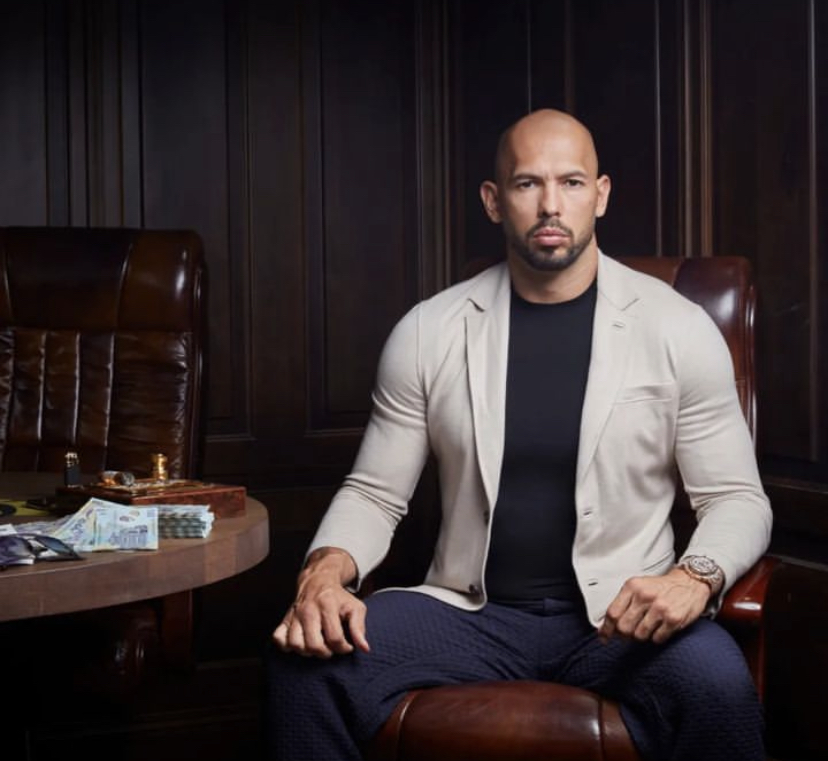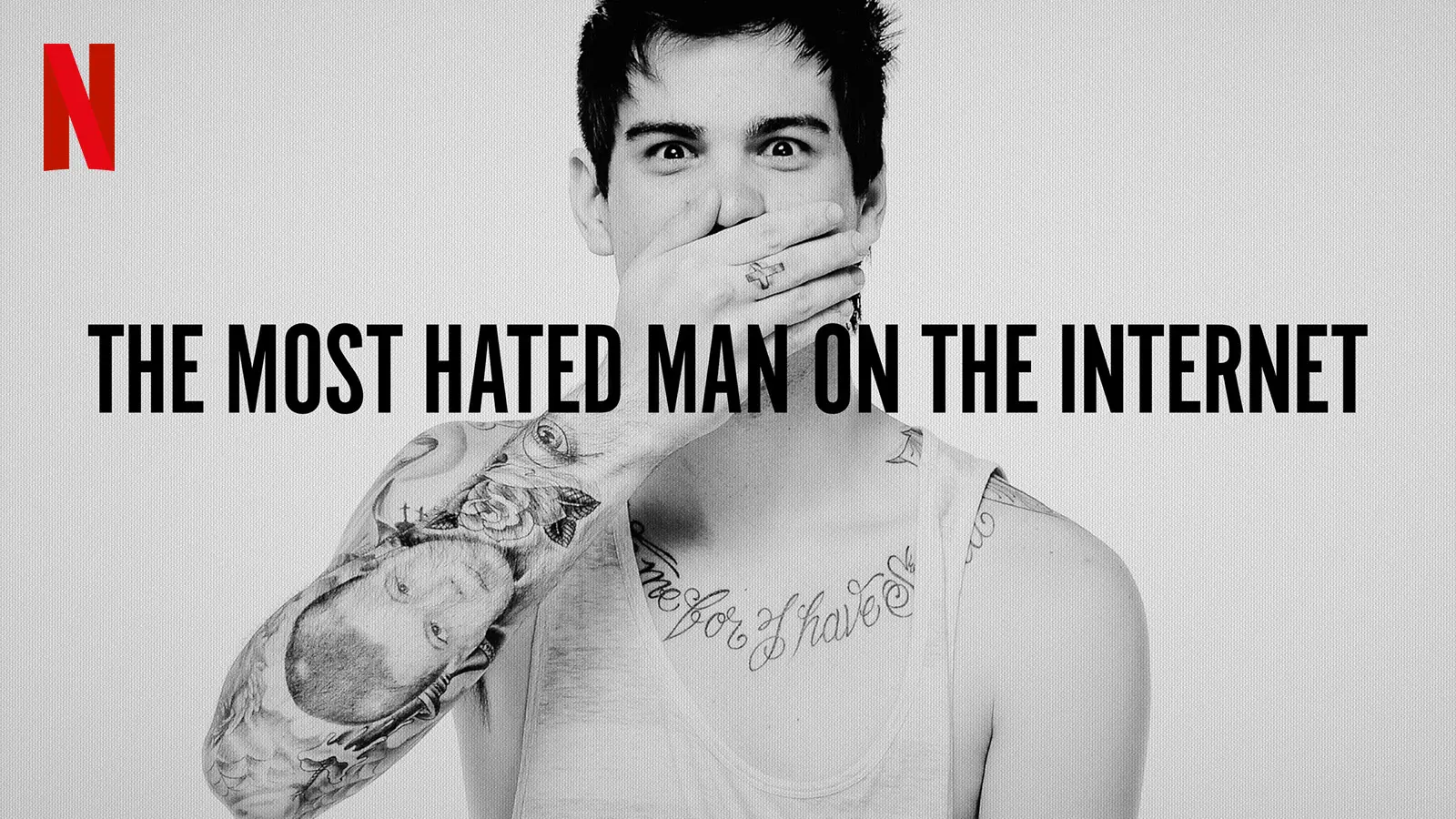Understanding Public Disdain: A Human Perspective
Let’s face it—there’s always someone out there who seems to rub people the wrong way. Whether it’s due to their actions, words, or even just their presence, certain individuals have become lightning rods for public criticism. In 2025, names like Amber Heard, Meghan Markle, and Sean "Diddy" Combs have found themselves at the center of intense scrutiny. But what exactly makes these figures so polarizing? Let’s break it down.
Amber Heard: Navigating Waves of Criticism
Amber Heard initially topped 'most disliked' lists, sparking a heated debate about sexism and unfair media coverage. While some see her as a victim of misogyny, others point to her controversial legal battles and public persona as reasons for her negative reputation. It’s a complex narrative that reflects broader societal issues surrounding gender and fame. The truth is, no matter where you stand, her story has undeniably captured the world’s attention.
Meghan Markle: Beyond the Headlines
Meghan Markle has faced her fair share of negative portrayals, often tied to allegations of racial bias. As a biracial woman in the global spotlight, she’s become a symbol of both admiration and criticism. For many, her journey from actress to royal highlights the challenges faced by people of color in predominantly white spaces. Yet, for others, her outspoken nature and media engagements have fueled backlash. It’s a delicate balance that continues to shape her public image.
Read also:Gustavo Grieco A Leading Expert In Organizational Culture And Beyond
Sean "Diddy" Combs: Legal Troubles and Public Perception
Sean "Diddy" Combs has recently taken the lead in the 'most disliked' rankings, thanks to a mix of legal issues and public backlash. As one of the most successful entrepreneurs in music history, his fall from grace has been swift and dramatic. Fans who once celebrated his empire now question his integrity. This shift underscores how quickly public opinion can change, especially when personal and professional drama collide.
The Power Players: Billionaires and World Leaders
Mark Zuckerberg: A Visionary or a Villain?
Mark Zuckerberg, the brainchild behind Facebook, has been a household name since 2018. At just 39 years old, he’s already made history as the youngest person on Forbes' list of the top ten richest individuals. But with great wealth comes great scrutiny. Time Magazine has consistently recognized him as one of the world’s most influential figures, yet his leadership has also drawn criticism for privacy concerns and data breaches. Is he a modern-day genius or a corporate overlord? The jury’s still out.
World Leaders Under Fire
In a world where democracy reigns supreme, it’s surprising how many leaders face sky-high disapproval ratings. According to Pew Research Center, 18 democratically elected leaders overseeing 1.12 billion people have disapproval ratings ranging from 48% to 75%. That’s a staggering number that speaks volumes about the challenges of modern governance. From divisive policies to international conflicts, these leaders have become symbols of dissatisfaction for millions.
Why Do We Hate Certain People?
Exploring the Psychology of Dislike
Some people seem to attract hatred like magnets. Take Vladimir Putin, for example. Dubbed everything from a “morally bankrupt psychopath” to “everything that is wrong with capitalism,” he’s become a lightning rod for global criticism. But why do we hate certain individuals so intensely? Often, it boils down to their actions—or lack thereof. Leaders who engage in authoritarian tactics, celebrities embroiled in scandals, or public figures who alienate their audiences all contribute to this phenomenon.
Public Opinion: A Shifting Landscape
Pew Research Center recently conducted a survey of over 40,000 people across 37 countries to gauge global attitudes. The results revealed a complex web of opinions shaped by cultural, political, and economic factors. While some leaders enjoy widespread approval, others face relentless criticism. This highlights the importance of understanding context when evaluating public sentiment. After all, what one person loves, another may despise.
Who Are the Most Hated People in 2025?
As we wrap up this exploration, it’s worth asking: who do you think deserves the title of “most hated” in 2025? Is it a celebrity who made a single misstep that ruined their reputation? Or perhaps it’s someone who’s been dragged through the mud by countless controversies. Regardless of the reason, the list of infamous figures is long and varied. From authoritarian leaders to human rights abusers, each name carries its own baggage and consequences.
Read also:Rita Panahi The Voice Of Australian Conservatism
Joe Biden: A Polarizing Figure
Joe Biden, the 46th President of the United States, is another name that divides opinions. As a lifelong politician, he’s no stranger to criticism. From policy decisions to personal gaffes, his tenure has sparked both praise and condemnation. While some view him as a stabilizing force, others see him as out of touch with modern realities. Love him or hate him, there’s no denying his impact on the global stage.
Julien Blanc: The Self-Proclaimed Pick-Up Artist
Then there’s Julien Blanc, the self-proclaimed “international leader in dating advice.” Love him or hate him, his methods have sparked outrage worldwide. A series of online petitions against him suggest he might be one of the most disliked figures of our time. Critics argue that his teachings perpetuate harmful stereotypes and objectify women. Meanwhile, supporters claim he’s simply offering advice that resonates with certain audiences. It’s a debate that shows no signs of slowing down.
Final Thoughts
At the end of the day, hatred is a complex emotion that stems from a variety of factors. Whether it’s fueled by politics, culture, or personal grievances, the stories behind the world’s most disliked figures offer valuable insights into human nature. As we continue to navigate an increasingly interconnected world, it’s important to remember that every opinion matters—and every voice deserves to be heard.


